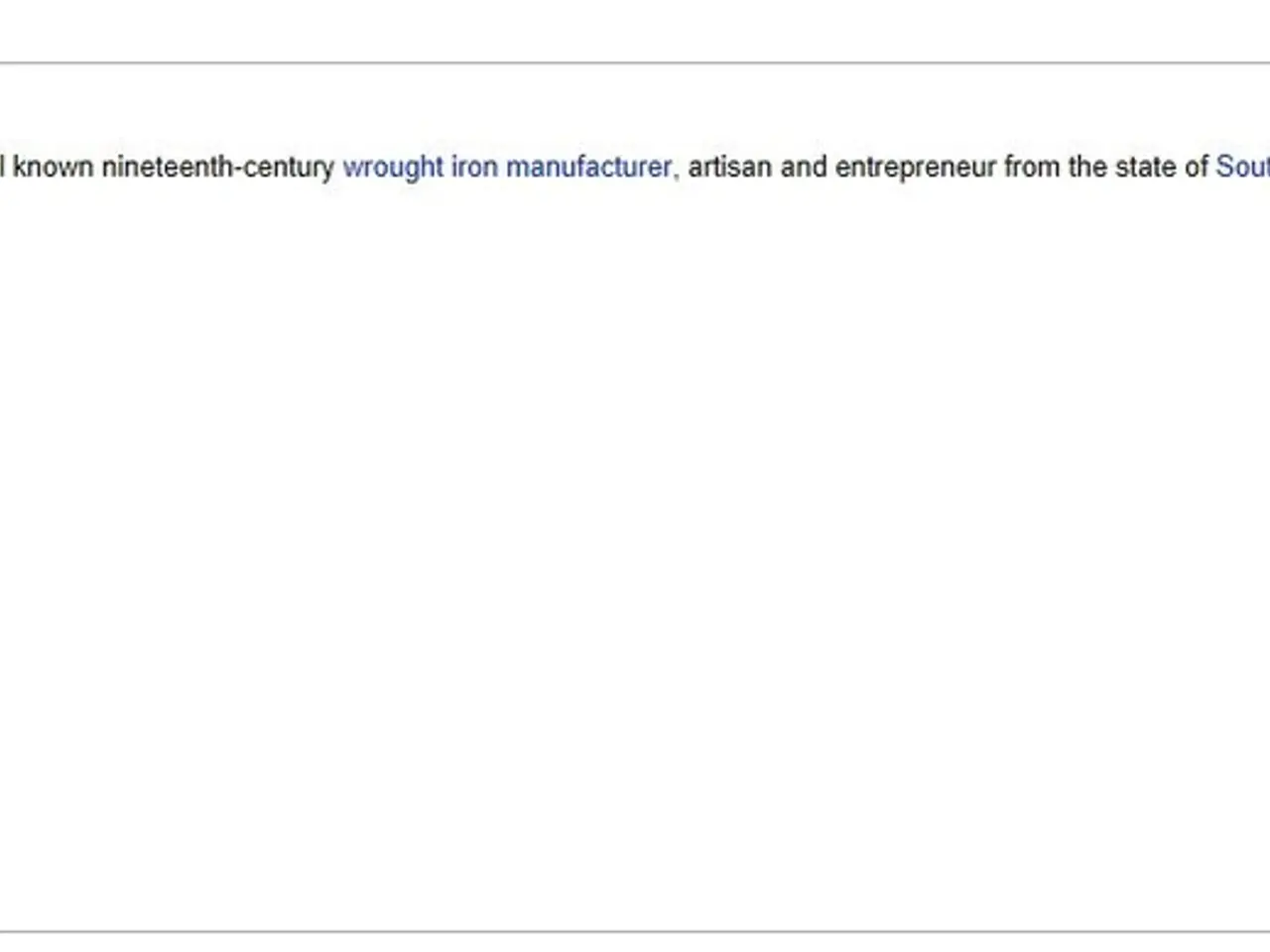Decline in Asylum Seekers Poses Concern for German Businesses
In recent times, a significant drop in asylum applications in Germany has left a gap in the country's labor market, particularly in sectors with labor shortages. According to reports, the number of asylum applications in 2024 was 250,945, but this figure has decreased by almost 50% in the first half of 2025 [1][5].
This decrease, attributed to stricter border controls and EU policies, has impacted industries such as service, agriculture, and logistics that heavily rely on less skilled migrant workers [1]. To address this issue, Germany is focusing its labor market strategy more on attracting skilled foreign workers.
The government aims to bring in about 400,000 skilled workers in 2025 to cover acute shortages [2]. Measures include relaxed immigration rules, a points-based “green card” system, and facilitated immigration for younger immigrants seeking study or vocational training.
Moreover, foreign workers are now allowed to start employment immediately once they have a contract, even if their qualifications are recognized later [2]. This move is expected to help industries fill their staffing needs more efficiently.
However, the decline in asylum seekers has left a void in the less skilled labor market, and there seems to be less emphasis on finding direct replacements for these workers [1]. This could potentially pose ongoing challenges for sectors heavily relying on lower-skilled workers.
Additional context includes stricter border controls and rejections ordered by the new government, particularly for groups like Syrians whose applications have decreased sharply after political changes in Syria [1][3].
Political debates in Germany include proposals to reduce benefits for asylum seekers to encourage faster integration into employment, though this response is controversial [1].
Business leaders have called for targeted labor migration and simplified immigration procedures, including for 'basic' positions [4]. A Job Turbo programme in Saxony-Anhalt has helped 7,775 refugees find employment since its introduction in October 2023 [6].
Refugees frequently work in manufacturing, trade, logistics, temporary jobs, nursing, the hospitality industry, and education [7]. A report by the Federal Ministry for Economic Affairs suggests that many thousands of additional workers could come onto the market if those with a migrant background were given support with training and integration [8].
By the end of July, 9,506 people had been turned away at the border according to German police data [9]. Border controls have been maintained and will continue until September 15th, as stated by Interior Minister Alexander Dobrindt [10].
Sandra Warden, Managing Director of the German Hotel and Restaurant Association (Dehoga), advocates for proper employment contracts for foreign workers [11]. Many refugees are forced to work in jobs below their qualification level to prove financial self-sufficiency and obtain permanent residency [12].
In the period between July 2024 and June 2025, the number of people moving from unemployed to employed increased by 11.3 percent compared to the previous year [13]. Despite the challenges, Germany continues to strive towards uniform procedures for immigrants' entry into companies, regardless of the city or district the business is in [14].
- Despite the decline in asylum seekers, sectors heavily relying on lower-skilled workers, such as the hospitality industry, could still encounter ongoing challenges due to the void left in the less skilled labor market.
- Business leaders in sectors like manufacturing, logistics, and the hospitality industry, such as Sandra Warden from the German Hotel and Restaurant Association, have consistently advocated for targeted labor migration and simplified immigration procedures, including for 'basic' positions to address the labor shortages.








